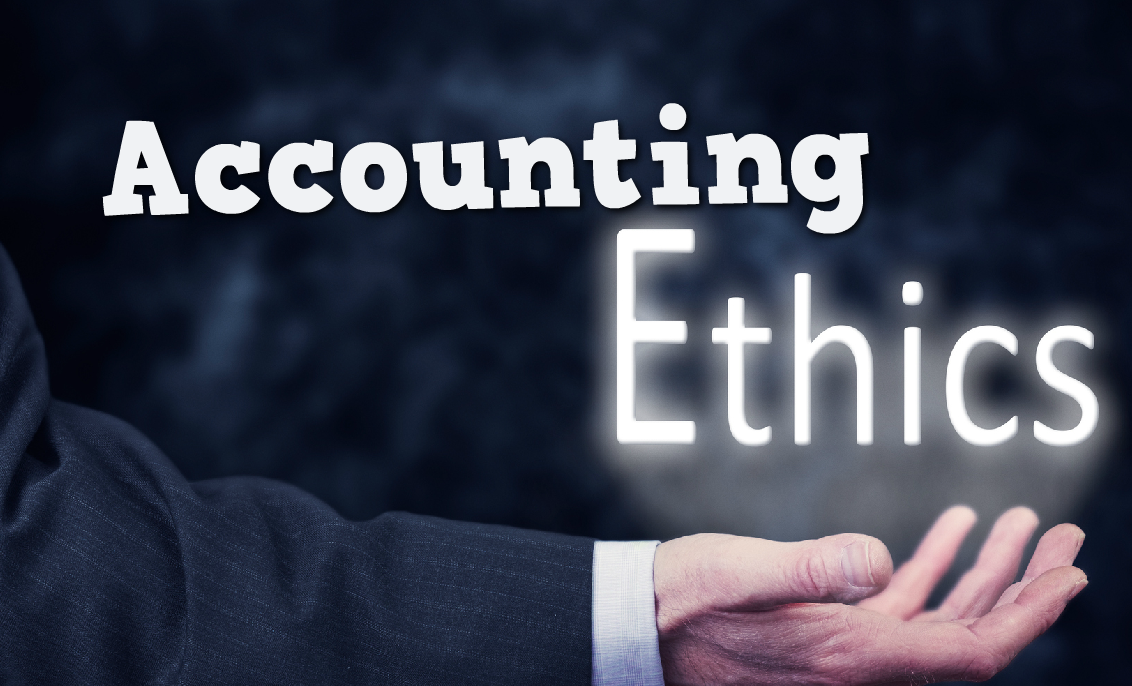BCom 3rd Year Professional Ethics for the Accountancy Profession Notes Study Material
Bcom 3rd Year Professional Ethics for the Accountancy Profession Notes Study Material: We provide to all the students BCom 1st, 2nd, and 3rd Year Auditing notes Study material, question answers, sample papers, mock test papers, and pdf. At gurujistudy.com you can easily get all these study materials and notes for free. Here in this post, we are happy to provide you with BCom 3rd Year Professional Ethics for the Accountancy Profession Notes Study Material.

BCom 3rd Year Professional Ethics for the Accountancy Profession Notes Study Material
INTRODUCTION
The International Federation of Accountants (IFAC), in its guidelines on Professional Ethics for the Accountancy Profession, has stated:
“Persons who pursue a vocation in which they offer their knowledge and skills in the service of the affairs of others have responsibilities and obligations to those who rely on their work. An essential pre-requisite for any group of such persons is the acceptance and observance of professional, ethical standards regulating their relationship with clients, employers, employees, fellow members of the group, and the public generally.”
OBJECTIVES
The Code recognizes that the objectives of the accountancy profession are to work to the highest standards of professionalism, to attain the highest levels of performance, and generally to meet the public interest requirement. IFAC in its Code of Ethics for Professional Accountants has also stated as under:
The Public Interest
A distinguishing mark of a profession is acceptance of its responsibility to the public. The accountancy profession’s public consists of clients, credit grantors, governments, employers, employees, investors, the business and financial community, and others who rely on the objectivity and integrity of professional accountants to maintain the orderly functioning of commerce. This reliance imposes a public interest responsibility on the accountancy profession. The public interest is defined as the collective well-being of the community of people and institutions the professional accountant serves.
These objectives require four basic needs to be met:
Credibility
In the whole of society, there is a need for credibility in information and information systems.
Professionalism
There is a need for individuals who can be clearly identified by clients, employers, and other interested parties as professional persons in the accountancy field. (BCom 3rd Year Professional Ethics for the Accountancy Profession Notes Study Material)
Quality of Services
There is a need for assurance that all services obtained from a professional accountant are carried out to the highest standards of performance.
Confidence
Users of the services of professional accountants should be able to feel confident that there exists a framework of professional ethics which governs the provision of those services.
FUNDAMENTAL PRINCIPLES
In order to achieve the objectives of the Accountancy profession, professional accountants have to observe a number of prerequisites or fundamental principles. The fundamental principles are:
Integrity
A professional accountant should be straightforward and honest in performing professional services.
Objectivity
A professional accountant should be fair and should not allow prejudice or bias, conflict of interest, or influence of others to override objectivity. (BCom 3rd Year Professional Ethics for the Accountancy Profession Notes Study Material)
Professional competence
A professional accountant should perform professional services with due care, competence, and diligence and has a continuing duty to maintain professional knowledge and skill at a level required to ensure that a client or employer receives the advantage of competent professional service based on up-to-date developments in practice, legislation, and techniques.
Due Professional Care
It does not require an ultimate expert but does extend to every aspect of the audit including the evaluation of audit risk, formulation of audit objective, the establishment of audit scope, selection of audit tests, and evaluation of test results. It requires an individual to exercise the Skill of a level commonly possessed by practitioners of that specialty.
Confidentiality
A professional accountant should respect the confidentiality of information acquired during the course of performing professional services and should not use or disclose any such information without proper and specific authority or unless there is a legal or professional right or duty to disclose. (BCom 3rd Year Professional Ethics for the Accountancy Profession Notes Study Material)
Professional Behaviour
A professional accountant should act in a manner consistent with the good reputation of the profession and refrain from any conduct which might bring discredit to the profession. The obligation to refrain from any conduct which might bring discredit to the profession requires IFAC member bodies to consider when developing ethical requirements, the responsibilities of a professional accountant to clients, third parties, other members of the accountancy profession, staff, employers, and the general public.
Technical Standards
A professional accountant should carry out professional services in accordance with the relevant technical and professional standards. Professional accountants have a duty to carry out with care and skill, the instructions of the client or employer in so far as they are compatible with the requirements of integrity, objectivity, and in the case of professional accountants in public practice, independence. In addition, they should conform to technical and professional standards promulgated by:
- IFAC (e.g. International Standards on Auditing);
- International Accounting Standards Board;
- The Member’s professional body or other regulatory body; and
- Relevant legislation.
BCom 3rd Year Professional Ethics for the Accountancy Profession Notes Study Material
Bcom 3rd Year Sample Model Practice Mock Test Question Answer Papers